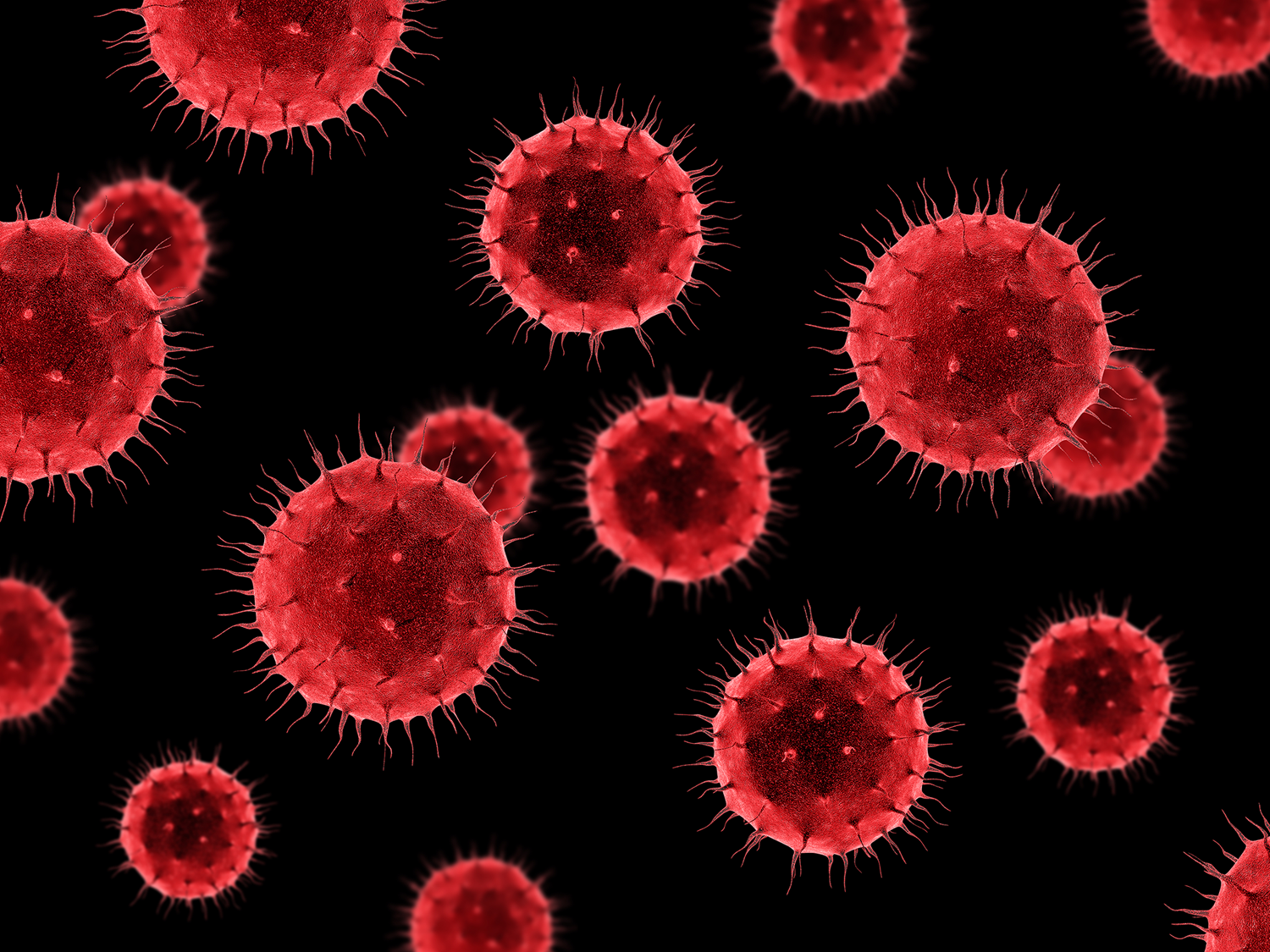As the world still struggles to recover from life-threatening COVID-19 disease, the medical community has red-flagged another deadly infection called Mucormycosis or Black fungus. There are reports of recovering COVID-19 patients contracting Black fungus infection. Fungi is a pathogen that you might have observed in rotting fruits or food. Fungi constitute an important part of biodiversity on earth. Some fungal species even aid plants to absorb nutrients from the soil. One of the most path-breaking discoveries in the history of mankind is Penicillin, an antibiotic that is also obtained from fungus only. Fungi is present everywhere in our environment. But, a few types of fungi can severely infect human beings. The rising number of Black fungus infection cases throughout India is concerning. Let’s first learn a few basics about this infection.
What is Black Fungus Infection?
Black Fungus infection is neither a new disease nor contagious, it is an aggressive infection caused by a group of fungi called ‘mucormycetes’. The CDC has recognized this infection as a rare but deadly disease. It can adversely impact many organs in the human body. In the recent cases of the infection, it is distinctly causing infection in the ear, mouth, nose, and even brain. According to reports, it can cause blindness and jaw damage, which turns black due to the Black Fungus. It can also be very harmful and even fatal if left untreated.
What are the symptoms?
Many doctors and experts have listed out a few symptoms to watch out for the Black Fungus infection. They include blood discharge from the nose, stuffy nose, blackish discharge from the nose, swelling or pain in jaws, eyelid drooping, and eyes turning reddish. Antifungal drugs are the best line of treatment for this infection.
What causes the Black fungus infection?
Co-morbidity of Diabetes or underlying immunodeficiency is called the most common cause of Black fungus infection. According to an estimate, underlying diabetes was reported in 54% to 76% of the cases. The most immediate trigger is the overuse of steroids as a treatment for COVID-19. Indiscriminate use of steroidal medicines in COVID-19 patients having diabetes can cause their sugar levels to rise. Dr. V. Mohan, senior diabetologist, has called steroids a “double-edged sword” that needs to be administered judiciously. When the sugar levels of a diabetic COVID-19 patient suddenly spike, it makes them vulnerable to this infection. The Indian Council for Medical Research has issued an advisory listing the following conditions in COVID-19 patients as more susceptible to Black Fungus infection:
- Unmanaged Diabetes Mellitus
- Compromised immune system due to overdose of steroids
- Elongated ICU or hospital stay
- Post organ transplant or cancer
- Voriconazole therapy (rigorous treatment for severe fungal infection)
How to prevent Black Fungus?
Listen to the Experts!
Union Minister Dr. Harsh Vardhan has said that “Awareness and early diagnosis can help curb the spread of fungal infection.”
AIIMS director Dr. Guleria noted that black fungus infection cases are rising due to overuse of steroids. He also urged the doctors and patients to follow protocols of infection control practices. He has listed down following precautions to avoid the infection:
- Manage sugar levels for diabetic patients.
- Use masks consistently, especially when visiting a construction site.
- Avoid misuse of high-dose steroids.
- Practice personal hygiene.
- Early detection and prompt treatment.
As the great saying goes, “Prevention is better than cure”, lookout for early signs and take precautions to avoid contracting COVID-19. If you experience any COVID-19 related symptoms, get tested as soon as possible.
Book your COVID Antigen test at Onedios.
